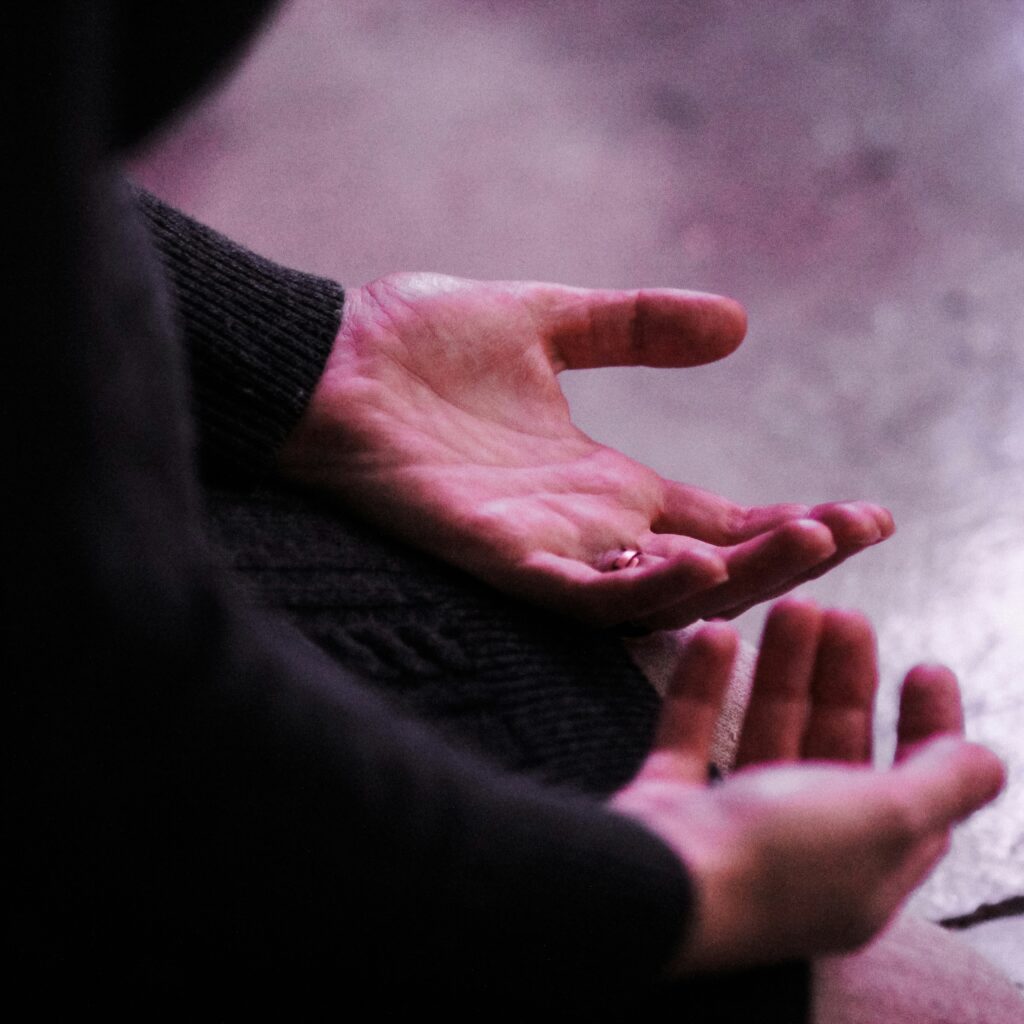
Photo by Jon Tyson on Unsplash
Our natural instinct is self-preservation—grasping tightly to control our lives and secure our future. Yet Jesus introduces a paradoxical wisdom: true life emerges when we release our grip and surrender to Him. In this counterintuitive exchange, we discover that what appears to be a loss becomes our greatest gain.
“For whoever would save his life will lose it, but whoever loses his life for my sake will find it.” (Matthew 16:25 ESV)
Jesus reveals the profound paradox that clinging to self-directed life leads to its loss, while surrendering it to Him results in discovering authentic life. By challenging our natural instinct for self-preservation with the higher wisdom of self-donation and surrender. Because our attempts to secure meaning and fulfillment through self-protection ultimately lead to spiritual impoverishment rather than abundance.
“I have been crucified with Christ. It is no longer I who live, but Christ who lives in me. And the life I now live in the flesh I live by faith in the Son of God, who loved me and gave himself for me.” (Galatians 2:20 ESV)
Paul describes the radical exchange when we fully surrender our identity, will, and future to Christ. By reframing our existence as participation in Christ’s death and resurrection, where His indwelling presence replaces our self-centered life. Because Christ’s sacrificial love provides both the pattern and power for a transformed life characterized by faith rather than self-reliance.
Spiritual Move: Submission—The spiritual practice of relinquishing control and following divine direction received. When we let go of self-determination and yield to Christ’s lordship, we enter the liberating experience of living by His power rather than through our striving.
Journaling Prompts:
1. What aspects of your life are you most reluctant to surrender to Christ, and why do you find it difficult to “lose” these areas?
2. Describe when surrendering control led to unexpected freedom or growth. How might this experience inform your understanding of dying to self?
Thought and Discussion Questions:
1. In what ways does our culture particularly resist the concept of surrender or “losing one’s life”?
2. How do you distinguish between healthy self-care and unhealthy self-preservation?
3. What practical steps help you move from mere intellectual agreement with Christ’s lordship to lived surrender?
4. How might regularly practicing submission transform your experience of anxiety or need for control?